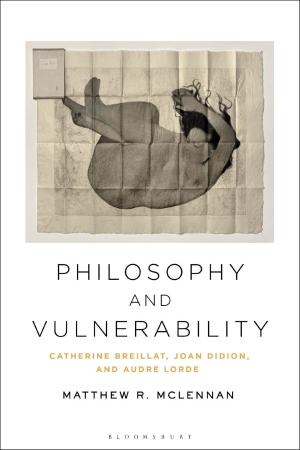Design for Dasein: Understanding the Design of Experiences
Nonfiction, Religion & Spirituality, Philosophy, Phenomenology| Author: | Thomas Wendt | ISBN: | 9781506166537 |
| Publisher: | Thomas Wendt | Publication: | December 27, 2016 |
| Imprint: | Smashwords Edition | Language: | English |
| Author: | Thomas Wendt |
| ISBN: | 9781506166537 |
| Publisher: | Thomas Wendt |
| Publication: | December 27, 2016 |
| Imprint: | Smashwords Edition |
| Language: | English |
The rise of experience design and service design is familiar to anyone involved in design practice. This shift from the design of artifacts to the design of intangible services and experiences calls for a new understanding of design's place in the world. If experience designers are unique in their ability to "design an experience," then understanding the nature of experience should be a priority. This book aims to build on our current understanding of experience design through the lens of phenomenology, a practical philosophy of human existence, interaction, and experience.
Design for Dasein draws from (post)-phenomenology, object studies, philosophy of technology, hermeneutics, design thinking, and design theory to argue that experience design is a phenomenological endeavor, and that phenomenology is a designerly endeavor.
This book is written for readers who stand in the middle of academic and practitioner poles. It attempts to bridge the gap between detached academia and non-critical practice by offering theoretically-grounded understanding of experience design.
The rise of experience design and service design is familiar to anyone involved in design practice. This shift from the design of artifacts to the design of intangible services and experiences calls for a new understanding of design's place in the world. If experience designers are unique in their ability to "design an experience," then understanding the nature of experience should be a priority. This book aims to build on our current understanding of experience design through the lens of phenomenology, a practical philosophy of human existence, interaction, and experience.
Design for Dasein draws from (post)-phenomenology, object studies, philosophy of technology, hermeneutics, design thinking, and design theory to argue that experience design is a phenomenological endeavor, and that phenomenology is a designerly endeavor.
This book is written for readers who stand in the middle of academic and practitioner poles. It attempts to bridge the gap between detached academia and non-critical practice by offering theoretically-grounded understanding of experience design.















